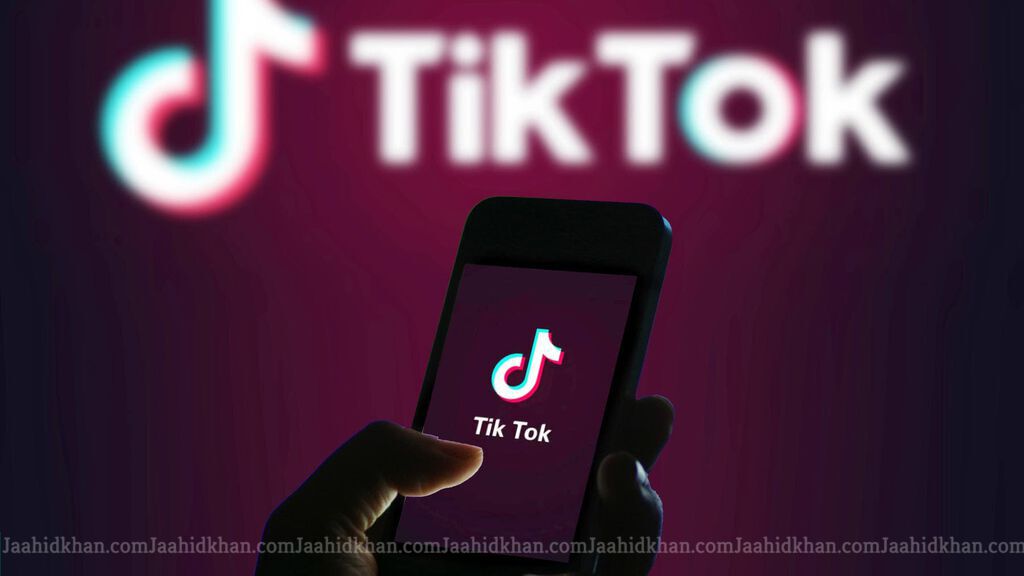TikTok's Android app allegedly collected unique identifiers from millions of mobile devices for at least 15 months, which ended with the release of an update in November last year. These unique identifiers, called media access control (MAC) addresses, are primarily used to serve personalized advertisements. This new information comes to light when a few days ago, US President Donald Trump passed an order banning TickTock in the country. The app is accused of helping the Communist Party of China keep an eye on the US government.
As reported by The Wall Street Journal, the strategy used by TikTok to collect MAC addresses for Android users violates Google's policy. The platform, owned by Chinese Internet company ByteDance, is said to have ended the strategy through an update released on 18 November.
In 2013, Apple prevented third-party app developers from collecting iPhone users' MAC addresses. Google followed that suit in 2015 and banned apps on Google Play from collecting "personally identifiable device identifiers", including users' MAC addresses and IMEI numbers. However, TikTok reportedly adopted the "secret way" and bypassed Google's ban using a different strategy.
As reported by The Wall Street Journal, the strategy used by TikTok to collect MAC addresses for Android users violates Google's policy. The platform, owned by Chinese Internet company ByteDance, is said to have ended the strategy through an update released on 18 November.
In 2013, Apple prevented third-party app developers from collecting iPhone users' MAC addresses. Google followed that suit in 2015 and banned apps on Google Play from collecting "personally identifiable device identifiers", including users' MAC addresses and IMEI numbers. However, TikTok reportedly adopted the "secret way" and bypassed Google's ban using a different strategy.
The timing of this discovery is quite interesting because the Government of India banned TikTok in the last of June and the US is also looking to repeat the move. The order passed by the US President last week could remove the app from both the Apple App Store and Google Play as well as make advertising on the platform illegal. On the other hand, companies like Microsoft, on the other hand, are showing interest in harnessing TikTok's global operations to use TikTok's distinct presence in the market.

Comments
Post a Comment
Please do not enter any spam links in the comment box.